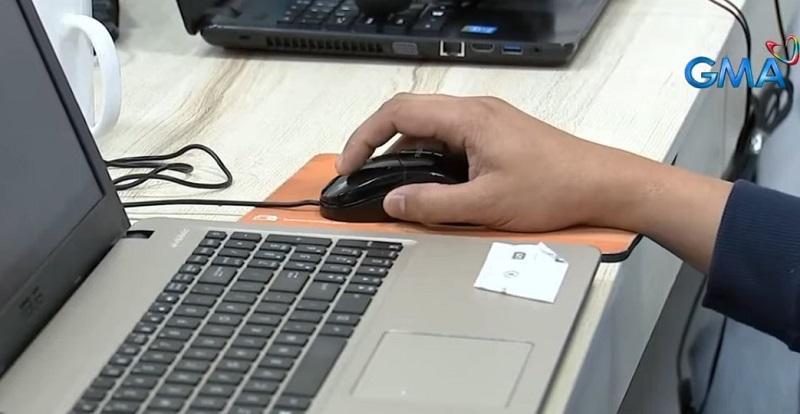
A significant number of workers in the information technology-business process outsourcing (IT-BPO) sector are considering leaving their jobs after the government ordered a return to on-site duties starting next month, the Alliance of Call Center Workers (ACCW) said Thursday.
“There’s a significant number of workers na willing na mag-resign (who are willing to resign),” Emman David, a representative of the ACCW, said at a virtual press conference.
David said that the plan of these IT-BPO employees is not a form of protest to the government’s decision, but rather an option not to be inconvenienced by the return to on-site work.
“It’s not really mass resign as in protesta pero mass resignation as in hindi magiging madali sa kanila ang transition to work on-site kasi, for one thing marami nang bumalik sa probinsya, marami na ang nag-give up ng living arrangements sa Metro Manila tapos kung babalik ka sa office kailangan mo uling mangupahan,” he said.
(It’s not really a mass resignation as a form of protest. Rather, it will be hard for them to make the transition to working on-site because many have already returned to the provinces and given up their living arrangements in Metro Manila, so if they return to the office, they will need to rent again.)
“It’s more of a sign of inconvenience [that you’d] rather take the chance of working elsewhere than in physical offices,” he added.
The Fiscal Incentives Review Board (FIRB) rejected requests to extend remote work arrangements beyond March 31, and workers should return to on-site duties starting April 1.
The Philippine Economic Zone Authority (PEZA) said it would appeal the FIRB’s decision.
The Department of Finance (DOF), the parent agency of the FIRB, said that IT-BPO companies in economic zones can opt to stay with the WFH setup as they are given freedom to determine their working arrangements, but risk losing their tax incentives such as income tax holidays and a 5% tax on gross income earned.
According to David, IT-BPO firms should assess the cost of losing tax benefits versus losing a considerable number of staff.
Nonetheless, David said that some firms have allowed their workers to continue the WFH setup.
Without specifically identifying the companies, ACCW’s Lara Melencio said that there are at least four to five IT-BPO firms that decided to forego their tax perks in favor of allowing their workers to continue working from home.
“We urge the Department of Finance, mainly FIRB, to reassess their goals and how it will affect the estimated 1.3 million Filipinos when it comes to this decision,” she said.
“It’s inhumane how we are being treated as mere numbers that provide results. We are appealing to [you to] give us enough time for transition and give us the choice to either work from home or work from the office,” Melencio said.
She said that IT-BPO workers will spend more money on transportation considering the rising prices of petroleum products.
“Money that we saved from working from home will be used to pay for transportation… The country is still in a state of public health emergency and a state of calamity which remains effective until September 12, 2022,” she said.
David also argued that return to on-site work will benefit larger companies and not micro, small, and medium enterprises (MSMEs) since IT-BPO workers working in central business districts will be forced to spend money to buy food and other necessities in establishments that are able to pay expensive rents.
“BPO employees when they are working from home they buy from their ‘suki,’ from the ‘palengke,’ and that’s an MSME. Whereas in our offices, we are not buying from MSMEs. If we’re in BGC, we are buying from the businesses who can afford to pay rent in BGC which is not affordable for MSMEs,” he said.
Major businesses on Monday expressed support for the return of employees to their workplace, calling it a “significant step” towards the country’s path to post-pandemic “normalcy” two years after the COVID-19 pandemic hit.
The Information Technology and Business Process Association of the Philippines (IBPAP), meanwhile, proposed a gradual transition from remote work to on-site arrangements. — VBL, GMA News
‘Significant number’ of BPO workers consider resigning if WFH setup not extended — ACCW
Source: News Panda Philippines
0 comentários :
Post a Comment